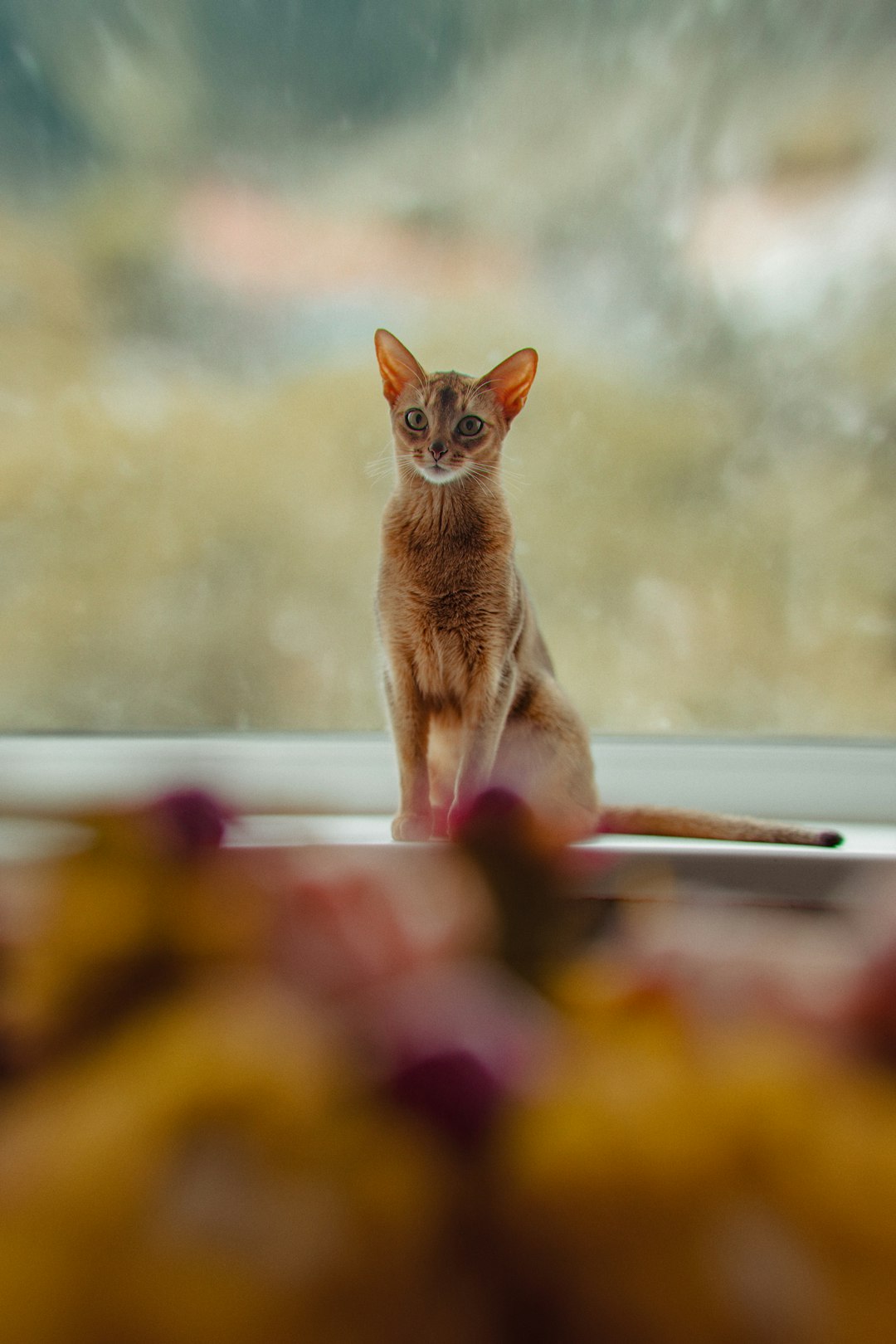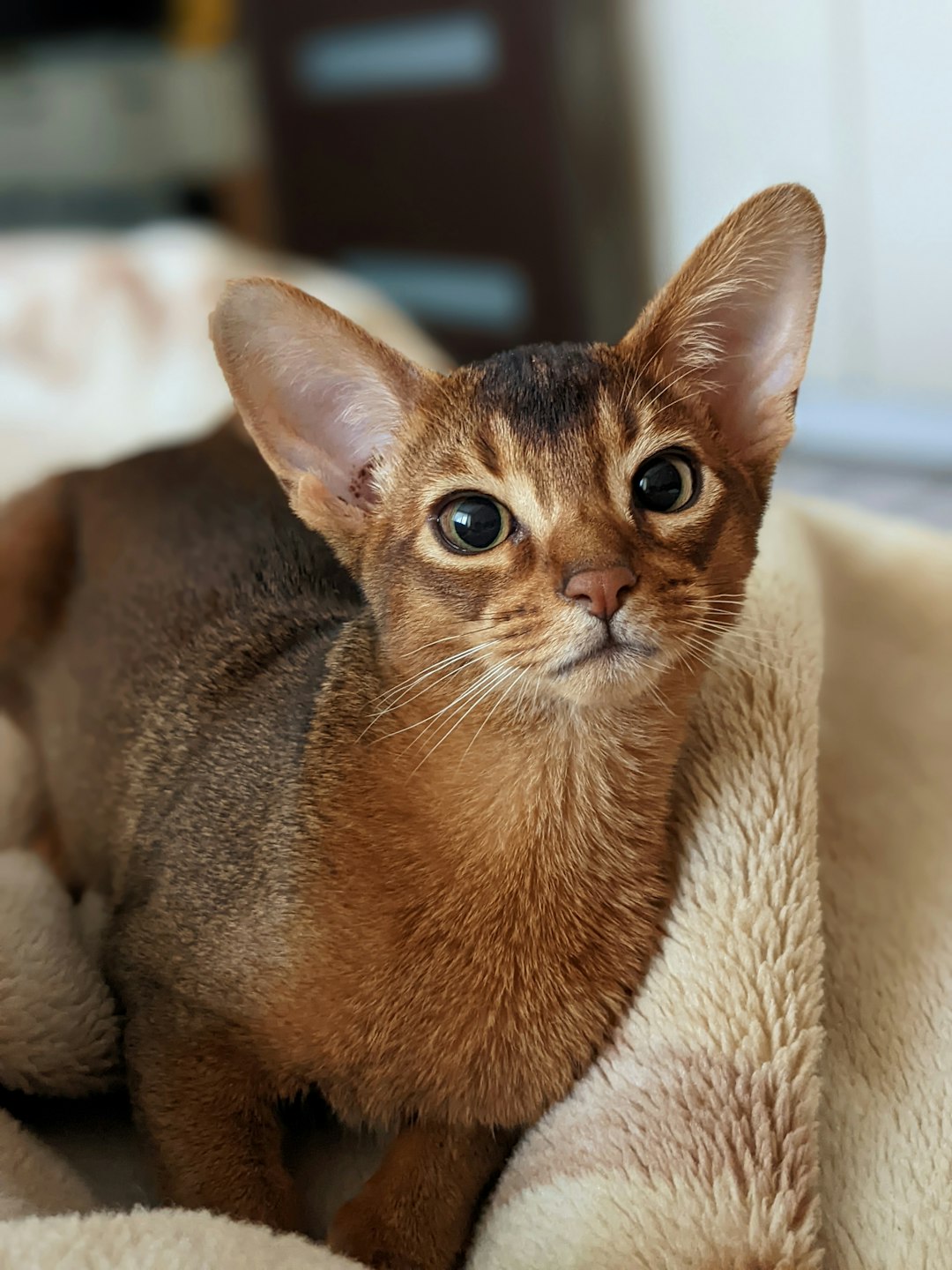Forget everything you thought you knew about cats! The F1 Savannah Cat is here to challenge your feline assumptions like a furry Houdini on roller skates. With a lineage that includes wild servals, these cats are not just cute companions; they’re like owning a mini wild animal with a fancy purr. As we dive into the fascinating world of the F1 Savannah Cat, get ready to learn about their history, quirky personalities, and how to care for these magnificent creatures without wearing a safari hat. Buckle up, it’s going to be a wild ride!
History of the Savannah Cat Breed
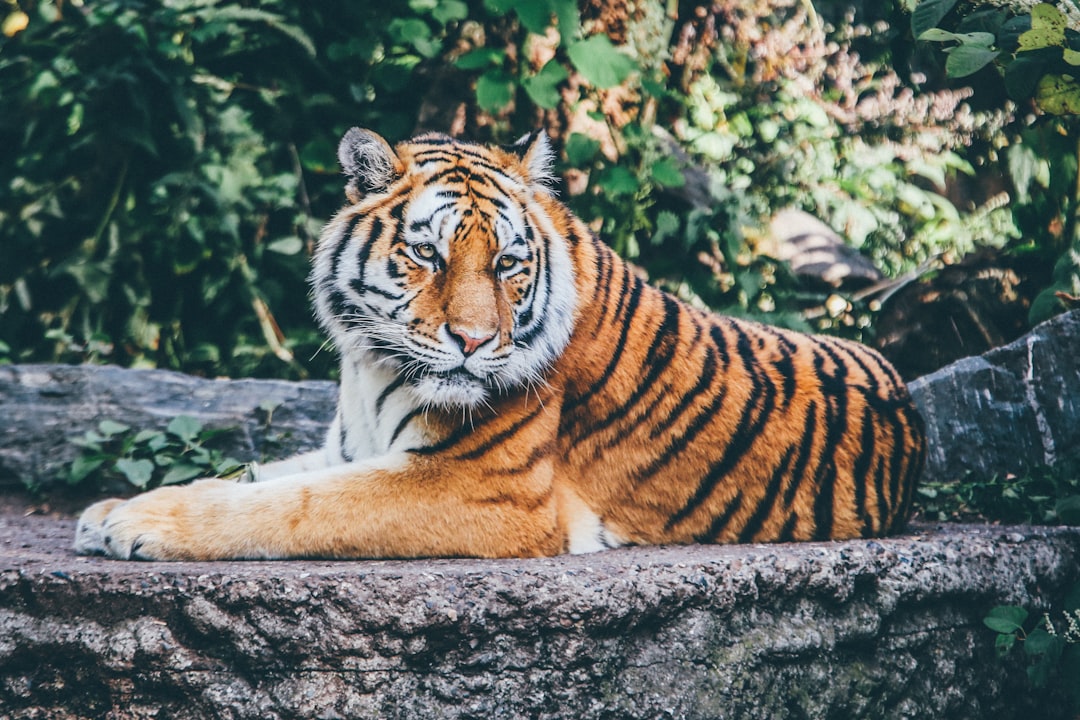
Ah, the F1 Savannah Cat, an exotic mix that’s got more history than a history teacher at a family reunion! To appreciate this fabulous feline, let’s hop in our time machine and zoom back to the 1980s. Picture this: a wild serval cat (think striped superhero) strutted into a breeding program with a domestic cat. Bam! Thus, the Savannah Cat was born.
Fast forward a few years, and voilà! The F1 Savannah Cat appears on stage, strutting its stuff like a model on a catwalk. Here’s the breakdown:
- Wild Parentage: The F1 Savannah Cat possesses a 50% serval gene, making it part wild and all fabulous!
- Popularity: This cat quickly gained fame as the coolest pet on the block. Who wouldn’t want a cat that looks like it just stepped out of a wildlife documentary?
- Recognition: In 2001, it got its official moment in the spotlight when TICA recognized the breed.
In a nutshell, owning an F1 Savannah Cat means welcoming a tiny piece of wild into your home—a real-life living legend!
Physical Characteristics of the F1 Savannah Cat
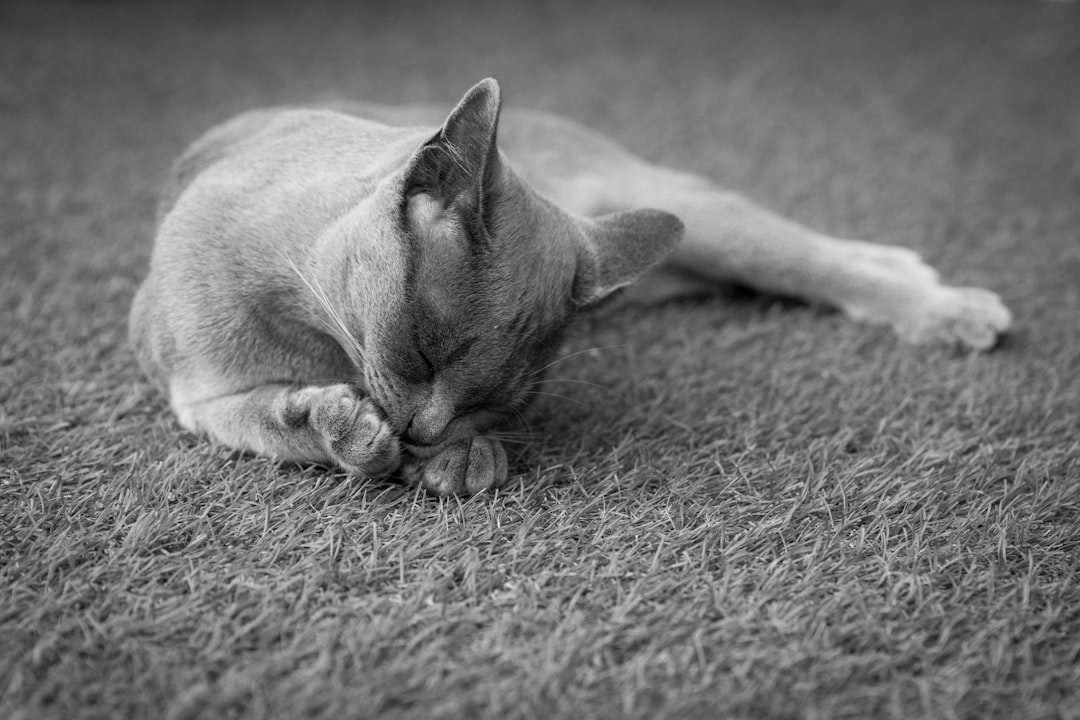
The F1 Savannah Cat is the fashionista of the feline world—strutting its stuff with an air of wild sophistication! Here’s what to expect when you witness this majestic creature in all its glory:
- Size: These cats are on the larger side, typically weighing between 12-25 pounds. That’s like having a small dog that purrs!
- Ears: Those outrageous, tall ears resemble that of an African Serval, giving them an adorable but regal look. Basically, they could win a “best ears” contest any day!
- Coat: Their coat is something you want to pet endlessly—short, soft, and usually spotted or marbled. You might mistake them for a walking piece of art!
- Eyes: The eye-catching, almond-shaped eyes come in green, gold, or hazel—a look that means “I have seen the world, and you’re just a mere mortal.”
When it comes down to it, the F1 Savannah Cat embodies both elegance and playfulness—an impressive combination that’ll make you feel like you’re living with a mini wildcat!
Temperament and Personality Traits
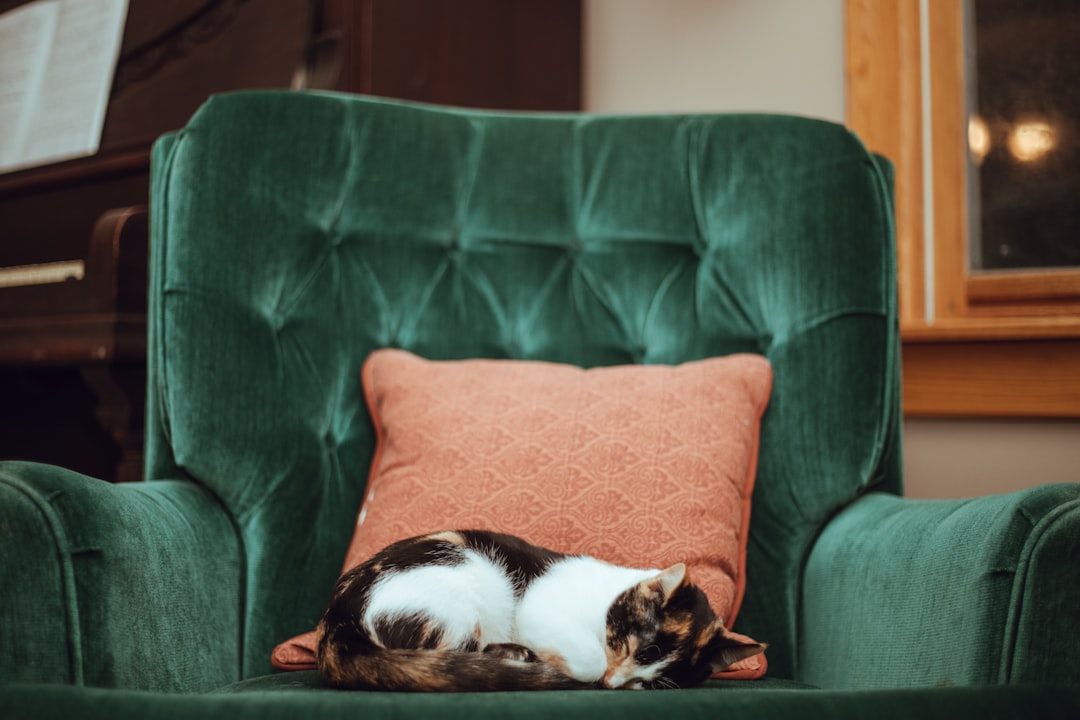
If you think all cats are the same, meet the F1 Savannah Cat—the feline equivalent of a bold adventurer. With a splash of wild and a sprinkle of domestic charm, these cats bring a unique personality to the table. Let’s break down their quirks:
- Intelligent: This cat is as sharp as a tack! Expect them to figure out puzzles, open cabinets, or outsmart your best efforts to keep them off the counter. Good luck with that!
- Affectionate: Unlike your typical aloof cat, the F1 Savannah Cat loves being around people. They may even follow you like a shadow or curl up on your lap while you’re trying to read… or snack!
- Playful: Energizer bunny? More like an energizer savannah! These cats need playtime to keep them happy and healthy. Think fetch, hide-and-seek, or creating a mini obstacle course.
- Social: They adore companionship—both human and canine. Yep, they can be best buddies with your dog! Just make sure they all understand who’s in charge… hint: it’s you!
So, if you want a furry accomplice with personality plus, the F1 Savannah Cat might just be your new partner in cat-astrophe!
Care Requirements for F1 Savannah Cats
Owning an F1 Savannah Cat is like having a tiny feline superhero in your home. They’re unique, adventurous, and occasionally act like they’re ready to take over the world – and they kinda have the skills to do so. Here’s how to keep your majestic friend feeling like the king or queen they are:
- Space: F1 Savannah Cats need room to roam. Think of them as your personal furry tornado. A multi-level cat tree or a dedicated play area will keep them entertained.
- Liter Box: Don’t even think about skipping this one! Provide a clean, spacious litter box because this royal beast demands cleanliness (and their sense of smell is sharper than yours).
- Exercise: Engage them in daily playtime. F1 Savannah Cats are athletic; they’ll leap for toys like they’re auditioning for the Olympics. Schedule at least 30 minutes of active fun!
- Enrichment: Provide toys that stimulate both mind and body. Puzzle feeders and interactive toys make great companions for these clever kitties.
Remember, your F1 Savannah Cat deserves the best because they’re not just pets; they’re family!
Diet and Nutrition Specific to Savannah Cats
Feeding your F1 Savannah Cat is not just about filling the bowl and chowing down. Nope, it’s a high-stakes culinary adventure fit for royalty! Here’s how to give your regal feline the five-star treatment they deserve.
Essential Ingredients for Your F1 Savannah Cat’s Diet:
- High-Quality Protein: Think chicken, turkey, or even the occasional fish. Just no sushi – they might get too excited and start plotting a takeover of the sushi bar!
- Moderate Fat: A sprinkle of omega-3 fatty acids works wonders for their fur. Think of it as their elegant grooming routine that keeps them runway-ready.
- Limited Carbohydrates: Keep those grain-filled fillers away! A few veggie ninja moves are okay, but no need to turn them into bunnies.
Sample Diet Plan:
| Meal | Ingredients |
|---|---|
| Breakfast | 1/2 cup raw chicken, 1 tbsp fish oil |
| Lunch | 1/4 cup high-protein kibble |
| Dinner | 1/2 cup cooked turkey, veggies |
So, remember: a well-fed F1 Savannah Cat is a happy cat! Treat them like the feline royalty they are and watch their purrs become music to your ears.
Socialization Needs of the F1 Savannah Cat
The F1 Savannah Cat is not your average couch potato; it’s a wild-child waiting to show off its adventurous side! Here’s how you can help this spirited feline thrive in your home:
- Early Exposure: Introduce your F1 Savannah Cat to various sights, sounds, and smells. Take it outside (safely, of course) so it can experience nature and the delightful chaos that is life.
- Playful Interaction: Engage your kitty with interactive toys. Think feather wands, laser pointers, and anything that makes those adorable little paws go bonkers! Don’t be surprised if your F1 Savannah Cat tries to scale the curtains—just consider it a feline mountain expedition.
- Sociable Visits: Invite friends over, including their well-behaved pets. Your F1 Savannah Cat thrives on social interaction. It’s like hosting a feline party, so don’t forget the catnip!
- Routine and Stability: Establish a consistent routine for feeding and playtime. This helps your feline friend feel secure while also taming that wild side.
In a nutshell, socialization is key to keeping your F1 Savannah Cat happy and well-adjusted. Embrace the chaos and enjoy the fun!
Legal Considerations for Owning a F1 Savannah Cat
So, you’ve set your heart on owning an F1 Savannah Cat? Congratulations! But before you start Googling cat-sized tuxedos, let’s talk legalities—because owning this exotic kitty can come with more red tape than a royal wedding!
Here’s what you need to watch out for:
- Legislation Varies by Location: Laws differ like your Aunt Martha’s cookie recipes. Some states have restrictions on owning F1 Savannah Cats, due to their wild ancestry. Check your local regulations before you start building a luxury cat condo!
- Licensing Requirements: Some places require you to license your F1 Savannah Cat. You might need to fill out some forms, pay a fee, and possibly take an oath (okay, maybe not the last one, but you get the point).
- Insurance Woes: Your home insurance might go all “dramatic drama queen” on you. Check if they cover exotic pet ownership.
To sum it up, owning an F1 Savannah Cat can be a wild adventure, but make sure you’ve tied up all the legal loose ends first. Happy cat-parenting!
Finding a Reputable Breeder or Rescue
So you’ve decided to welcome an F1 Savannah Cat into your home? Congratulations, you’re about to embark on a wild adventure! But before you start planning for your new feline overlord’s coming, let’s discuss the how-to of finding a reputable breeder or rescue. Because, let’s face it, you don’t want to end up with a cat that thinks the couch is its personal scratching post!
Here’s what to look for:
- Ask the Right Questions:
- How do you socialize your F1 Savannah Cats?
- Can I see health clearances and genetic testing?
- Check the Living Conditions:
- Does the place smell like catnip or… regret?
- Is there a feeling of cleanliness and organization? No one wants to adopt from a cat version of a hoarder!
- Go for a Visit:
- Meet the parents! A happy parent usually means a happy kitten!
- Adoption Fees:
- Be cautious! If the fee sounds too good to be true, it probably is. F1 Savannah Cats are exotic, and they might carry a pricey tag.
Remember, a reputable breeder or rescue isn’t just interested in selling you an F1 Savannah Cat; they want to match you with the perfect feline companion!
Frequently Asked Questions
What is an F1 Savannah Cat and why is it so special?
An F1 Savannah Cat is like the coolest kid in the jungle – it’s a hybrid cat that’s part wild serval and part domestic cat. Picture a tiny cheetah with the personality of a cuddly house cat, and you’ve got yourself an F1! These cats are special because they’re not your average feline; they come with unique spots, tall legs reminiscent of a supermodel, and a wild spirit that will have you feeling like you’re sharing your home with a miniature leopard!
Are F1 Savannah Cats good pets for someone with limited cat experience?
Imagine adopting a pet that could easily win a 200-meter sprint and juggle while doing it – that’s an F1 Savannah Cat! They’re smart, energetic, and as curious as toddlers in a candy store. However, they’re not exactly couch potatoes; they require an owner who can keep up with their high-energy antics. If you’re a newbie in the cat world but have the heart of a lion tamer, these little dynamos could just be the right challenge for you!
Do F1 Savannah Cats require special care or environment?
Absolutely! An F1 Savannah Cat doesn’t just walk into a standard pet store – they’re more like royalty needing a palace! They thrive in spaces that can accommodate their wild side, like homes with plenty of vertical space for climbing and exploring. And don’t forget, their diets can also be a tad fancy – they thrive best on high-quality, protein-packed food to maintain all that energy. So, unless you’re ready to transform your home into a feline jungle gym with gourmet meals, better think twice!
How can I spot an F1 Savannah Cat versus other breeds?
Oh, spotting an F1 Savannah Cat is about as easy as pie – while they might not throw foam pies at you, they certainly stand out! These cats boast long legs, a sleek body, and enchanting spots that make them look like they’ve been painting themselves with a spotted paintbrush! Their ears are also quite large, giving them a rather extravagant, safari-chic look. If you see a cat that looks like it just escaped from a wildlife documentary, congratulations, you’ve spotted an F1!


